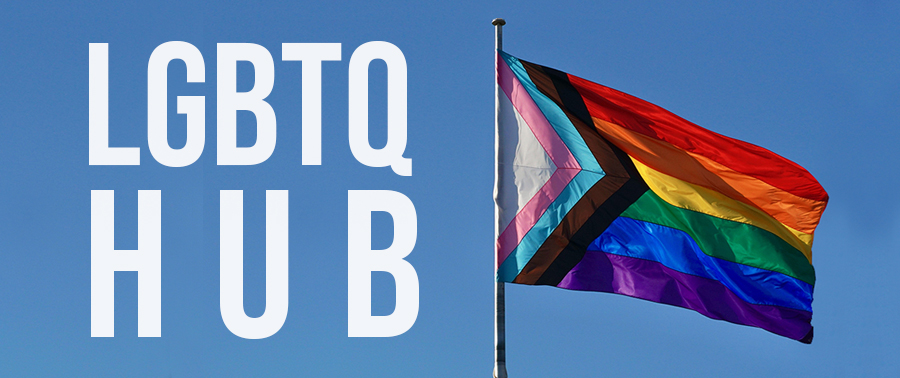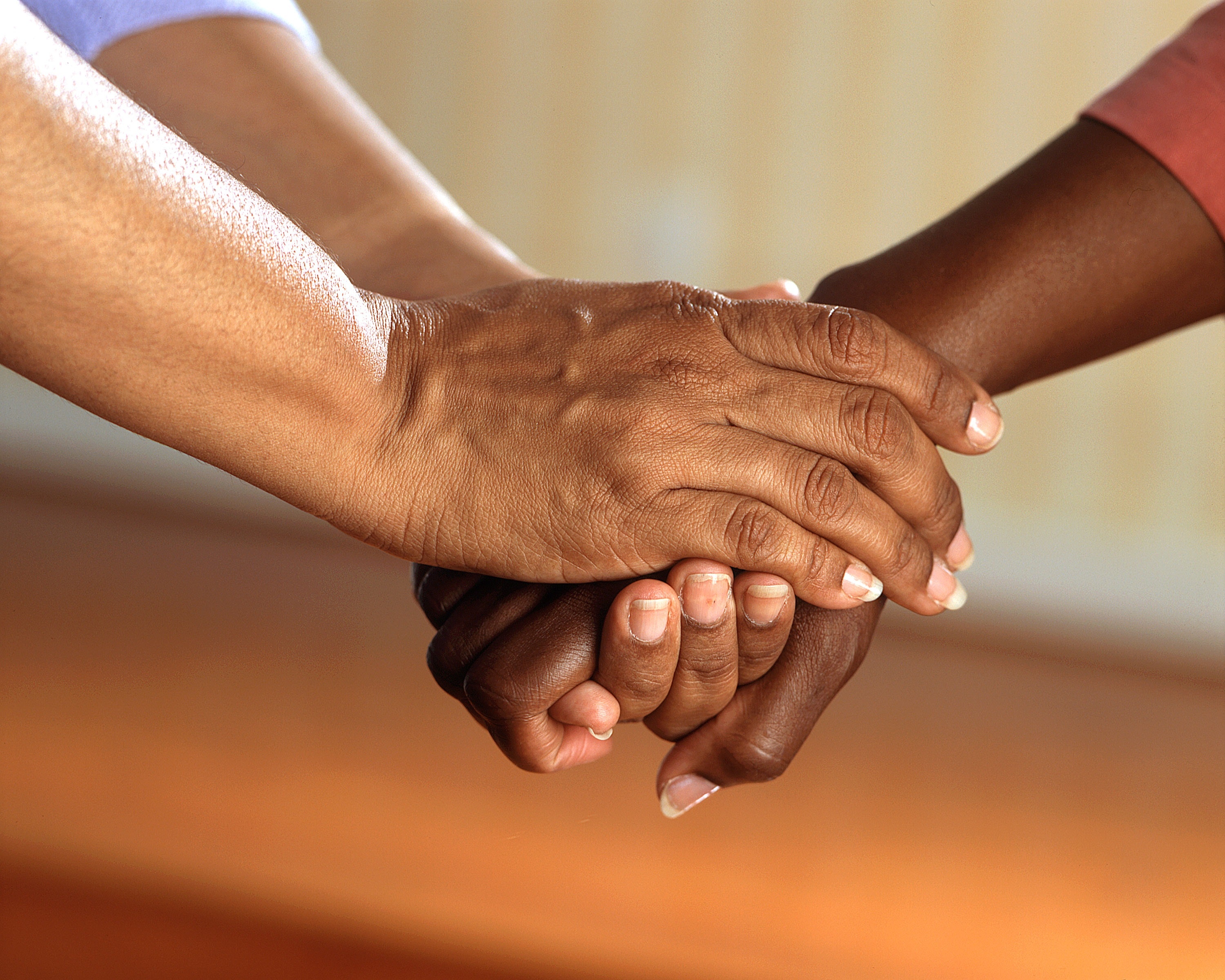In community social work one principle that, if used the right way, can be positive, is the idea of supporting individual and group resilience. This is not the same as locating problems with those experiencing or surviving trauma or challenges. As a worker I think - let us see what works for people, helping build their capacity to thrive and challenge oppressive conditions around them. This article looks at my approach to this in community music work supporting adult LGBTQ+ asylum seekers/refugees.
A decade ago, the late Ray Harvey Amer, a retired registered mental health nurse, saw a need for LGBTQ+ asylum seekers to have support. Many asylum seekers were coming to Croydon as the Home Office base is there. Ray set up a group called Rainbows Across Borders, welcoming anyone who needed help and support in relation to persecution for their sexuality and/or gender identity. People could sometimes be taken to detention centres at little or no notice from their everyday lives. To get out they would need a surety in the form of immigration bail. Ray often stood bail for individuals in order to help them get out of the detention centres more quickly as he had noticed the deterioration in mental health that often accompanied incarceration. He began to wonder whether singing could be ideal as a way to support traumatised people and their suppressed voices, not only physically, but emotionally and spiritually as well. Ray got an inclusive welcoming Chorus group going and they sang a mix of their own adapted songs plus tunes familiar to a UK audience, with refreshed lyrics addressing their situation. At this point I was asked to lead a singing project for the group. It soon became clear that there was a wealth of ability and resource within the group. I decided to support group members’ own confidence in taking leadership. Their challenges included developing a group repertoire and sound where some membership was regularly changing, or had mixed ability, nationalities and the challenges of singing outdoors.
Sometimes people don’t see the value in specific group based activity, preferring a wider inclusive approach. I sometimes hear ‘why do you want to be all separate when we are all equal now?’ however, there is room for both experiences, I suggest. In my participatory music work with LGBTQ+ refugee/asylum seeker groups (and also in LGBTQ+ youth groups), I have seen the benefits of people being with others who share their life experiences. Inward facing groups for a specific dispossessed community can help, as their basic perspectives around sexuality and/or gender are accepted. In the case of LGBTQ+ group members, they don’t have to keep awareness raising, educating others and justifying their needs and experiences. This enables them to concentrate on getting support without an extra stage of explanation and justification. Group members can build up their social bonds between each other, and experience complete acceptance, without the need to defend their existence. This can be an important step before people can feel safe to join in a more general and open session, where they may not find others who are similar. It takes time to develop a sense of commonality across diverse oppressions or identities. That stage comes later for many and it is better not to force this too quickly. This ability to bridge across difference is more easily achieved when two different groups come together after having developed a sense of security with others like them.
When supporting the Rainbows Across Borders Chorus, I sought to work with the chorus leaders’ capabilities and disregard the many ways they did not fit the wider UK expectations of music leaders. I saw these as unnecessary barriers, given their many rich skills and ability to connect with others through sharing their life experiences and songs. In social work this is called a strengths based approach. I helped some folk find their first external facilitator roles, at first voluntary and then paid. For example, vocal leaders Herbert and Susan were able to connect powerfully with an LGBTQ+ teen group to share both their plight and their successful reclaiming of their lives in a new country. They felt supported and the youth group members grew in compassion and wider understanding. I in turn have been inspired and enriched through my contact with these remarkable and brave individuals. The Rainbows Across Borders group and its Chorus welcome support from the wider community.
I wrote this song for them to capture our connected points of view, using fragments of Sappho’s words (in italics):
Tender Companion
May you sleep on the breast of your tender companion
May you rest in the arms of your friend
May your love now be given protection
May your troubles and sadnesses end
Let me sleep on the breast of my tender companion
Let me rest in the arms of my dear
Let me stand like a mountain beside you
Let me hold you at last without fear
On a soft cushion I will soothe my tired body
I will let my body flow like water over the gentle pillow
We shall stand up for our right to love freely
We shall stand there and to them we’ll say
We are rainbows, we rise above borders
May we all have this freedom some day
Translation of Sappho by J Balmer used with kind permission: Sappho (1984) Poems and Fragments, Trans by J. Balmer, London: Brilliance Books.
 Click on the banner to view other Refugee Week materials
Click on the banner to view other Refugee Week materials
 Click on the banner to check out more related content from our LGBTQ HUB
Click on the banner to check out more related content from our LGBTQ HUB

Rate and Review
Rate this article
Review this article
Log into OpenLearn to leave reviews and join in the conversation.
Article reviews